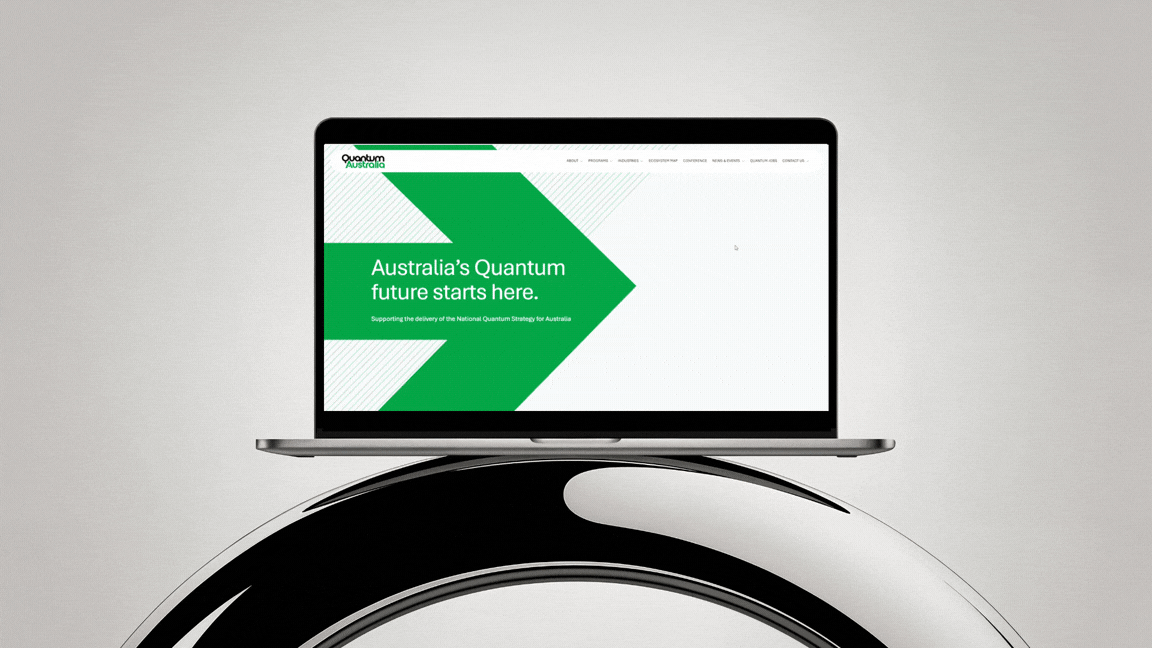Bottlenecks at scale: how hidden frictions kills business growth
Every founder hits a point where growth starts to feel harder than it should.
You’ve got the skills. You’re selling. There’s demand. Maybe even a waitlist. And yet, the business feels heavy—like the more you do, the slower it moves.
Most people blame the obvious:
“I need to run more ads.”
“We need to post more.”
“My offers must need tweaking.”
But here's the real reason most studios and service-based businesses stall out between $100K–$1M:
It's not about what you're missing. It's about what’s in the way.
Enter: bottlenecks.
They’re quiet. They’re cumulative. And if you don’t track and address them proactively, they’ll quietly erode your margin, energy, and momentum - until your business is growing in complexity, not revenue.
What bottlenecks really are
A bottleneck is any chronic point of friction that slows down flow in your business: flow of time, money, energy, or decision-making.
Unlike emergencies, bottlenecks don’t announce themselves - they settle in as “just the way we do things.”
A 3-week delay waiting on client feedback becomes normal
Your dev queue backs up, but you tell yourself “next sprint will be smoother”
You keep rewriting the same proposal because there’s no template
You're drowning in client work and still trying to post on Instagram yourself
They rarely show in your inbox -but they bleed profit, bandwidth, and cognitive capacity.
Bottlenecks fall into four core categories, each requiring a distinct strategic solution:
Delivery Bottlenecks – what slows down what you’re paid to do
Sales & Funnel Bottlenecks – what slows down cash flow
Operational Bottlenecks – what slows down internal execution
Leadership Bottlenecks – what slows you down as CEO
Delivery Bottlenecks: execution under pressure
Where friction slows down the thing you're actually paid to do.
If you can’t deliver smoothly, you can’t scale. Period.
Delivery bottlenecks are where your execution engine jams. These are the most visible to your clients — and the most costly to your reputation. Delays, inconsistencies, or unclear workflows create a ripple effect: poor client experience, stretched timelines, reduced profit, fatigued teams and burnt-out founders.
Common delivery bottlenecks:
scope creep & excessive revisions
delayed client feedback
insufficient dev/design bandwidth
inconsistent delivery, no SOPs
overlapping deadlines or founder bottlenecks
QA errors or overly custom builds
The fix: systemise, delegate, and productise. identify tasks only you can do and remove yourself from habit-based responsibilities. set boundaries to protect time and scope.
“What delivery tasks only I can do — and what am I still holding onto out of habit?”
Sales & funnel bottlenecks: unlocking revenue flow
If your pipeline is inconsistent, your sales feel like guesswork, or your offers don’t close — don’t just look at traffic. Look at your system. Usually, the problem isn’t volume. It’s clarity.
Common sales & funnel bottlenecks:
insufficient leads or low-quality leads
poor offer clarity
missed sales call bookings or follow-ups
funnel drop-offs
The fix: map your customer journey like a forensic investigator. implement systems that consistently qualify, nurture, and convert ideal-fit leads.
“Do I know exactly where my last 5 sales came from—and why the last 5 didn’t convert?”
Operational bottlenecks: scaling infrastructure
These aren’t flashy, but they’re what separate hobbyists from high-output operators. Operational issues often go unnoticed until something breaks under pressure. This is where most small teams fall apart, even under success. The work is good, but the infrastructure to handle demand isn’t there.
Operational bottlenecks slow down communication, collaboration and output. And they tend to compound - fast.
Common operational bottlenecks:
no project manager or unclear weekly priorities
misaligned internal communication or client expectations
team overcapacity, missed deadlines, or tool chaos
The fix: build operating leverage. centralise dashboards, automate check-ins, prioritise asynchronous communication, and ensure the system doesn’t rely on one person.
“If I stepped away for 30 days, what would break?”
Leadership & strategic bottlenecks: scaling yourself
This is the most uncomfortable chapter—but also the most important.
These don’t show up in a spreadsheet. They show up in your calendar, your sleep, your decision-making, and how much whitespace you have to think strategically.
At a certain stage, you become the bottleneck. Not because you’re lazy or underperforming, but because you’re doing too much, solving the same problems and making too many decisions. When you're stuck in the work, you're not designing the system. You are the system. And that doesn’t scale.
Common leadership bottlenecks:
over-involvement in execution
unclear weekly focus or priorities
lack of delegation or CEO time blocked
decision fatigue, emotional load, no weekly reflection
The fix: upgrade your role from technician to architect. audit tasks, replace yourself where possible, and protect dedicated CEO time for strategy.
“Am I solving the same problems every week? Why?”
The antidote: visibility + systems
You can’t fix what you can’t see. And you can’t scale what you haven’t systemised.
At Gem Media, we run a simple weekly dashboard that shows us - at a glance - where our performance, momentum and friction points sit. No fluff. Just five brutally honest data points:
New leads this week
Sales calls booked
Revenue in ($)
Delivery capacity (%)
Bottlenecks spotted
This provides real-time clarity - allowing us to focus on upstream fixes rather than reactionary firefighting.
scaling cleanly requires:
systemised delivery
frictionless sales
operational clarity
strategic founder focus
bottlenecks aren’t a one-time fix—they’re a category of CEO thinking. the founder who scales cleanly removes friction relentlessly: every quarter, every sprint, every offer. it’s not flashy, but it’s what separates the $100K company from the $1M company.
Want our eyes on your bottlenecks?
If this article made you wince, you’re not alone.
We’ve worked with studios, consultants and service businesses — many of whom had incredible offers but couldn’t grow until they identified and fixed the blocks beneath the surface.















